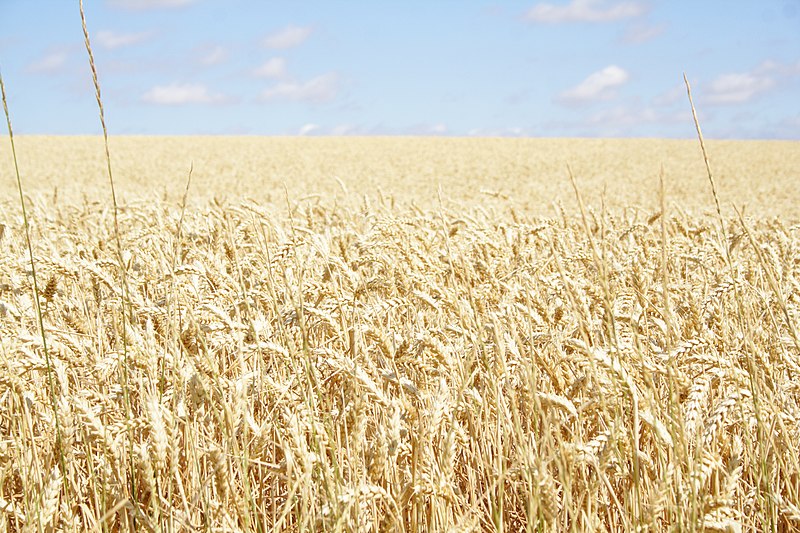Making good on his commitment made at the annual congress of France’s leading farmers’ union, Agriculture Minister Marc Fesneau unveiled a new agriculture law on 3 April that would place food sovereignty on par with sustainability in domestic – and eventually EU – policymaking. Enshrining agriculture’s national status as a “major general interest,” the draft legislation includes proposals to remove a controversial tax on farmers’ diesel fuel, reduce “disproportionate” penalties for environmental damage and prioritise the sector’s development, alongside a host of administrative streamlining measures.
This significantly more industry-friendly version comes after the explosion of farmers’ protests in January forced the French Government to withdraw the initial bill presented last December. Yet Europe’s farmers are certainly not alone in demanding a new approach, with the results of a Euronews-commissioned survey released in late March revealing that roughly half of EU voters deem Brussels’ policies harmful to the bloc’s agriculture and food independence – a damning wake-up call that policymakers must respond to ahead of June’s fiercely-contested elections.
Nature restoration saga reflecting new reality
According to EU agriculture expert Alan Matthews, this study notably shows that the strongest opposition to the bloc’s food policies is found in its largest-producing countries, including France, Poland, Spain and Italy, with the current Commission’s overzealous environmental agenda likely seen as a significant threat to its farmers’ competitiveness. The EU executive’s ‘Farm to Fork’ strategy has come under increasingly heavy fire, with deepening MEP opposition resulting in over half of its commitments left unmet and the freezing of new proposals to make time for the ‘Strategic Dialogue’ with farmers.
Considered Farm to Fork’s flagship policy, the EU’s nature restoration law proposal could be on its last legs, with the watered-down compromise deal struck between the Parliament and national governments hanging in the balance after eight member-states, including Italy, the Netherlands and Hungary, revoked their approval at the late-March EU Council summit. Lacking the majority needed to pass the final hurdle, the nature restoration file has been shelved – quite possibly until after the European elections – a development largely interpreted as a response to the bloc’s wave of farmers’ protests.






